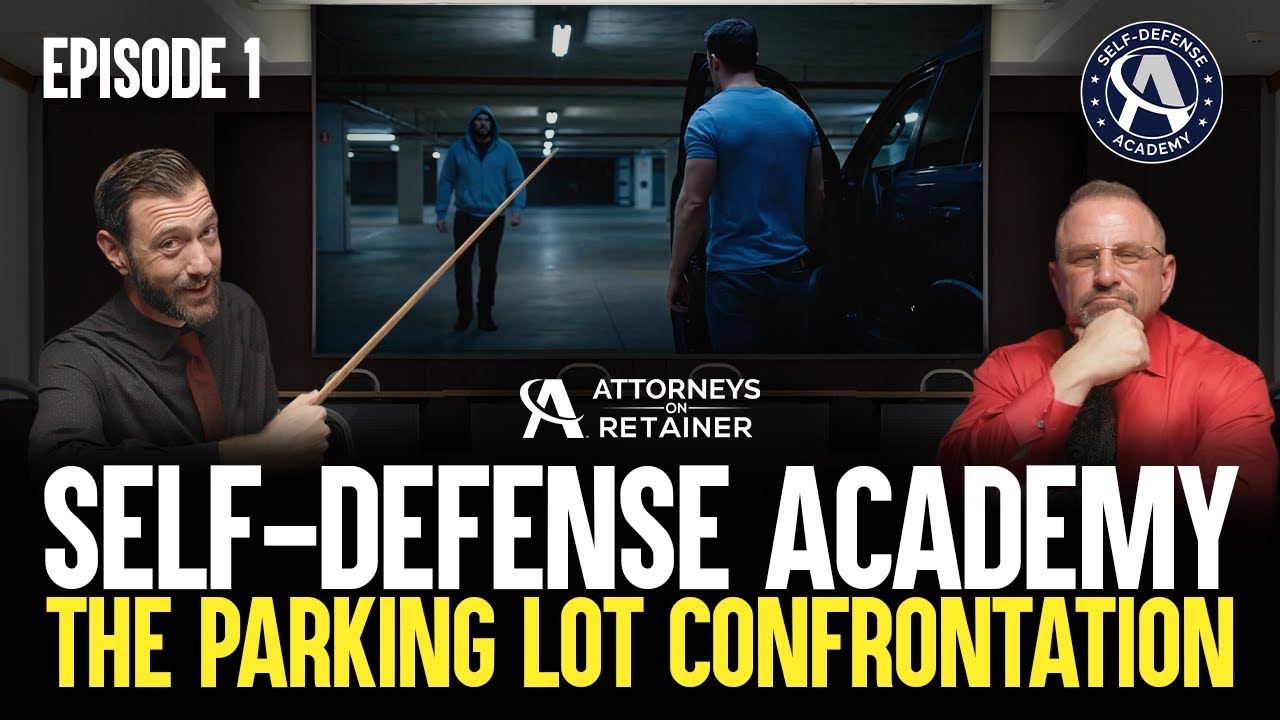Trump’s 2nd Assassination Attempt, Concealed Carry Reciprocity, and More! - 2A Roundup November 2024
Featuring Attorneys Brittany LaBerry, Rachel Moss, and Emma Wittmann
November 29, 2024
People often get confused about which states accept their concealed carry permits. For instance, Arizona allows individuals to carry without a permit, while California and New York have strict rules. Presidential Candidate Donald Trump is pushing for a national law that would require all states to recognize concealed carry permits from other states. However, some states that oppose less restrictive gun laws are establishing stricter laws. Thus, gun owners need to understand how to safely and lawfully transport firearms across states to avoid legal consequences. Criminal defense attorneys Emma Wittmann, Brittany LaBerry, and Rachel Moss discuss Trump’s efforts on this issue. The attorneys also provide updates regarding the second assassination attempt against Trump, and key legal cases about gun rights, including major court decisions.
Trump To Propose Concealed Carry Reciprocity Legislation
Trump is advocating for national concealed carry reciprocity, which would require all U.S. states to recognize concealed carry permits issued by other states. While some states currently have reciprocity agreements, they are inconsistent. Federal law (18 U.S.C. § 926A) outlines how to legally transport firearms across state lines, requiring them to be unloaded and stored safely away from immediate grasp.
However, federal law does not mandate concealed carry reciprocity between the states, which creates legal challenges for gun owners who are traveling with their firearm. The attorneys predict a divided response in congress, if the legislation is passed. However, they are confident Trump would support and sign the legislation, given his strong stance on Second Amendment rights.
“One thing he has said on his campaign trail and throughout his speeches is that your Second Amendment rights should not end at the borders of your own state.”
– Attorney Wittmann
The Second Assassination Attempt on Trump
The attorneys discuss the second assassination attempt on Trump, which is now in federal court. The suspect, Ryan Wesley Ralph, was caught before Trump arrived at his Florida golf course. He is facing serious charges, including attempted assassination of a major presidential candidate, possessing a firearm in furtherance of a crime of violence, assaulting a federal officer, felon in possession of a firearm, and possession of a firearm with an obliterated serial number.
Investigators found a note offering $150,000 for Trump’s assassination. The Justice Department’s decision to release the note to the public caused noteworthy backlash. Mr. Ralph has a long criminal record with over one hundred arrests and is considered dangerous, so he remains in custody without bond.
The adequacy of one of the charges, felon in possession of a firearm, may be in question due to recent Supreme Court rulings – New York State Rifle & Pistol Association, Inc. v. Bruen and United States v. Rahimi – which have created some uncertainty about how firearm laws apply to felons, as lower courts have struggled to consistently apply the Bruen standard.
“When they are analyzing a current day firearm regulation or law, they are looking to see first, is the person someone who was intended to be protected under the Second Amendment, and if they are, is the modern day regulation, one that is a historical analog to a law that was back at the founding.”
– Attorney Wittmann
Hunter v. Courtland Housing Authority: Significant Second Amendment Case
The attorneys also highlight a major Second Amendment case in New York, Hunter v. Courtland Housing Authority. This case challenges a firearm ban implemented by the housing authority, which required residents of subsidized public housing in New York to sign leases prohibiting them from possessing firearms on the property. The Second Amendment Foundation filed a lawsuit, arguing that this ban violated constitutional rights under the Supreme Court’s Bruen decision.
In January 2024, a federal district court issued a preliminary injunction to block enforcement of the ban while the case was ongoing. Rather than continue the legal battle, both parties agreed to a stipulated permanent injunction, with the housing authority lifting the ban. As a result, residents in this public housing may now legally carry, possess, and transport firearms on the property, as long as they follow all applicable laws.
The housing authority attempted to argue that there was no historical precedent for gun rights in public housing, claiming such housing did not exist during the founding era. However, the court rejected this view, citing the existence of an early form of government-subsidized housing as a historical analog requiring Second Amendment protections to apply.
The outcome of this case reflects a growing recognition of gun rights even in typically restrictive settings. This decision is part of a broader trend where legal groups such as the Second Amendment Foundation and Gun Owners of America are using the Bruen framework to challenge sweeping gun control measures across the country.
“New York is one of the worst states when it comes to firearm regulations. So, the fact that this happened in New York is, I think really, a we got you moment.”
– Attorney LaBerry
If you enjoyed this segment on concealed carry reciprocity and have questions, we’d love to hear from you. To learn more about how our AOR Program specializes in representing gun owners involved in self-defense incidents, please call 866-404-5112 or email us.



